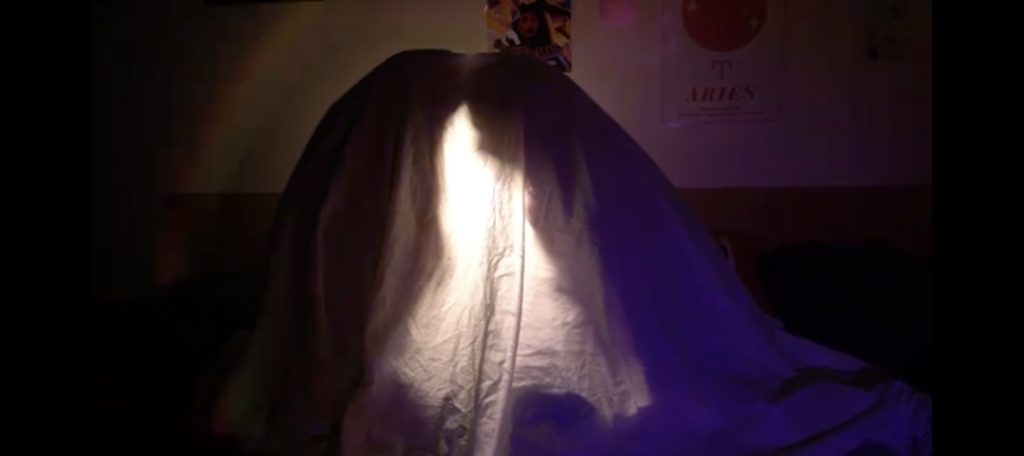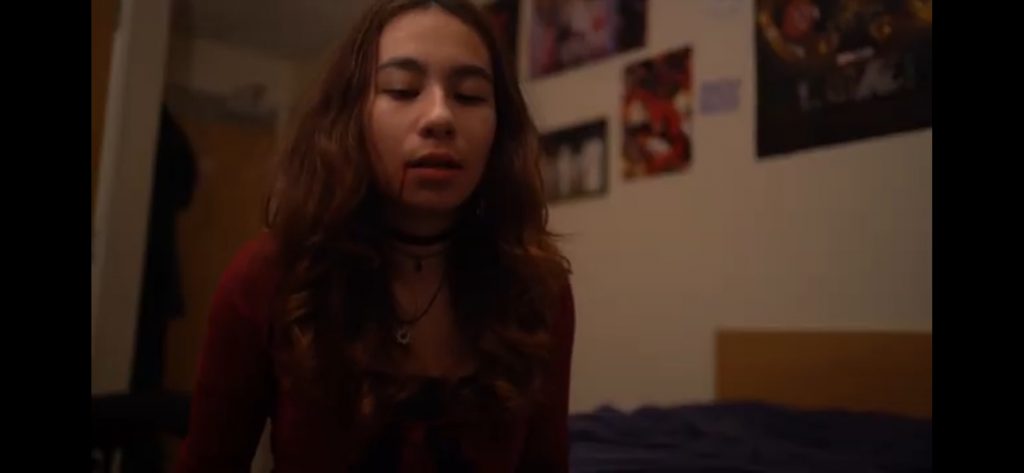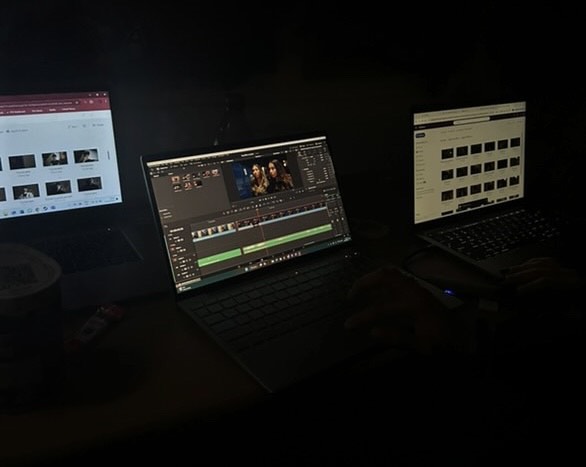Have you ever watched a film with someone where they would constantly start asking questions because they were too busy on their phones?
Cinema is an art form where the fine tunings of a narrative are known for speaking to the audience by evoking and connecting to the viewers when watching a film. My personal favorite when it comes to film, is film editing.
Film editing is the heart and soul of cinema often known as the ‘invisible art’, it is more than a technical process and arguably, the most underappreciated and creative aspect when it comes to filmmaking, it’s a creative element where it assembles shots into sequences crafting a story to life aligning with the audience, enabling it to manipulate time, space and emotions to shape the audience’s experience as well as perception of the way they decode a film.
Take Denis Villeneuve ‘Dune: Part 2’ for example, the iconic ‘I am Paul Mua’Dib Atreides’ declaration speech scene. The scene is edited in a slow paced way, building the tension leading up to his speech towards the Fremen with match cuts of the onlooker’s reactions of Paul’s declaration as the ‘messiah’. It slowly pans towards a medium shot of his face, these perspective shots and the way it’s being edited it out, shows that the Fremen’s are believing his speech highlighting Paul’s authority over the people. It’s the climax of his character arc taken place in both films overall.
Yet, in a time where the digital and media landscape dominates our lives, shrinking away our attention span, changing the way we consume media, the rate of media literacy declines in the digital age. This disconnect has affected how appreciate the world of cinema and engage with reception.
To explore this topic in depth, I spoke to Annietta Bangura, a second year Film TV and Literature student at the University of Warwick who offers an insight of editing and appreciating the wonders of cinema when it comes to film editing with her own experience.
Annietta is an aspiring filmmaker who is part of a student based film production in Warwick University, ‘Black and Yellow’. They have recently made their very first short film, a music video and is working on a commercial to support a local business.
Their comedy-horror short film ‘Boykillers’, explores the themes of misogyny, sexuality and the supernatural. It’s about a vampire and a human who fall in love, in acts of murdering men. When asking about how the story came into life, in her own words, yes I repeat in her words she says, “We were kind of obsessed with the thought of vampires. I like vampires, and they’re gay, let’s make a film of gay vampires! [In reference to the Black and Yellow crew]”


credit – Black&Yellow via shots from the short film
The idea came naturally for them, she says as we were chuckling on how a small idea can interpret a whole new meaning. This is where reception theory plays a part when applying to editing. Stuart Hall’s reception theory is all about the media framework and how the audience takes on the message that is being received to them. In relation to film, editing acts as a bridge to keep viewers engaged and to guide their emotional response.
“When you apply reception theory to editing, you have to consider how a random person will see this and you have to decide whether you want it to be like as if they are just watching it or they are immersed in a certain way,” Annietta states referring to her short film ‘Boykillers’. Reception is crucial when it comes to filmmaking and the way it is being edited as audiences need to be active but in the digital age, where social media platforms have short-form content like Tiktok, YouTube shorts and Instagram reels, it can be difficult for people to be fully immersed and understand the intended message of the film due to people’s short attention span thus, affecting their media literacy and analytical skills.

Annietta emphasises that there is a less appreciation of editing because of short-form content. “We are very used to seeing lots of bright flashing things when we scroll leading us to not fully appreciate it as it is,”
According to Offcom, most children said they prefer to watch videos on social media rather than watching shows and films on TV. Researchers indicated that 14 year old Niamh tends to watch short clipped edits of the film/show rather than watching it in a longer format. This way of consuming media makes it a lot harder to appreciate the storytelling and established editing that crafts a film. If someone is just mindlessly scrolling with no intending to stop, it affects what someone thinks on a critical level affecting their way of consuming media.
Offcom
While media literacy does influence the way in which viewers receive a message when watching a film, it is also important to acknowledge the arts and the process of editing. Can filmmakers seal a gap between artistic intention and audience understanding?
Something that Annietta said struck me, “They say make art that’s easier for everyone to digest than we will lose certain things that are harder to explain. If we simplify everything, then we will lose important levels of editing.” As technology keeps developing rapidly, media literacy is so important because it helps you to understand and criticize media texts and expand your knowledge on the finer things in life.
“Everyone deserves to be able to appreciate different types of art quality, breaking down structures and accessibility to a wider audience would be helpful to seal the gap.”
Film discourse is fun, it’s engaging and it is good to see a mix of opinions but there is a fine line. To say, ‘you don’t have media literacy’ to someone just because they don’t like something you like, is not true. Art is subjective.
However, it is important to note that media literacy goes beyond films, people may think it’s a waste of time having a knowledge of media literacy, but it extends to serious issue like politics and current affairs. According to Offcom, ‘Four in 10 UK adults encounter misinformation online.’ If you have the ability to pick up a part of what you’re looking at, you can make better critical decisions and differentiate between fake and real news. It’s an important skill to have.
Offcom